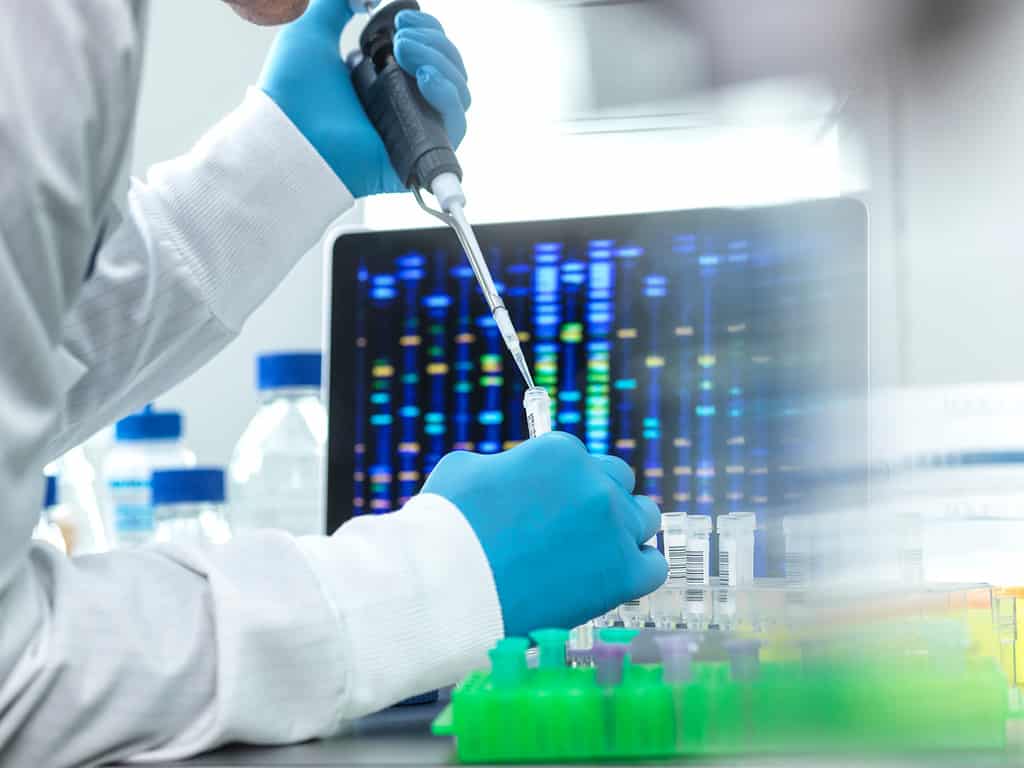The field of mitochondrialRelated to the mitochondria. medicine is relatively new. Having only developed over the past 25 years, mitochondrial disease still lacks specific biomarkers that could simplify a diagnosis. Currently, establishing a diagnosis can be challenging, costly, and at times invasive. Even though specialists are creating protocols for diagnosing mitochondrial disease, a diagnosis may still take years and involve many specialists. Mitochondrial disease is now known to occur at any age, although the adult disease may be more difficult to diagnosis because it can be more varied, subtle, and have a narrower spectrum of laboratory findings compared to mitochondrial disease that begins in childhood.

Clinicians and researchers are working to develop therapies to treat and cure mitochondrial disease. Current treatments and therapies can help reduce symptoms, delay or prevent the progression of the disease. Even though a cure for mitochondrial disease has not been discovered, many clinical trials are underway to evaluate new therapies.
It may be necessary to go to a big center to find the doctors you need to care for you if you are unable to find any locally. It is also a good idea to have ample time allotted to your appointments so as to have enough opportunity to discuss all the various problems. The difficulties in obtaining a diagnosis make the whole process very frustrating for both doctor and patient.
Some doctors not finding anything conclusive may infer that the patient’s problems are functional, that is, “in their head.” This leaves the patient dealing with not only the miseries imposed by the disease itself but the misnomer of some kind of psychiatric illness. This in turn raises the patient’s stress level further, possibly inducing depressionIt is a mood disorder that causes a persistent feeling of sadness and loss of interest. and compromising diagnosis and treatment by other physicians. Thus, one of the key things for a Mito, or “possible Mito” patient, is to find an informed, supportive physician. It is helpful if your doctor is open to new ideas and treatments. This is harder than it sounds, and you may find yourself going through more than one or two doctors before finding one that is both knowledgeable of the disease as well as being supportive in the struggle to find a diagnosis.
Find nearby doctors who specialize in Mitochondrial diseases
Our searchable directory makes it easy to find a doctor or facility specializing in diagnosing and treating mitochondrial disorders.

Consulting with friends or a personal or online support group may lead you to a good physician as can consulting with other doctors or medical personnel. Unfortunately, fatigueThe overall feeling of tiredness or lack of energy. It is not the same as simply feeling drowsy or sleepy. Being fatigued means having no motivation or energy. levels, such a major part of Mito disease, is a difficult symptom to quantify for the health professional. Believe in yourself! You are probably the most knowledgeable about your particular condition and don’t be afraid to voice an opinion to your doctors.
Keep a record of your signs and symptoms, ie. seizuresEpisodes of abnormal electrical activity in the brain., blood sugar levels etc., and always keep your history up-to-date with your latest test results, consultant reports and so on. This way you have information to share with a new consulting doctor if necessary.










